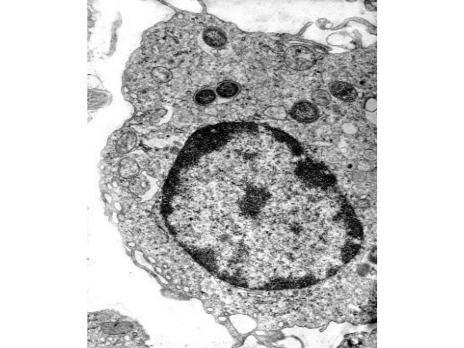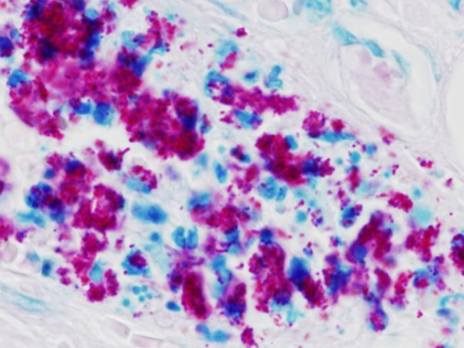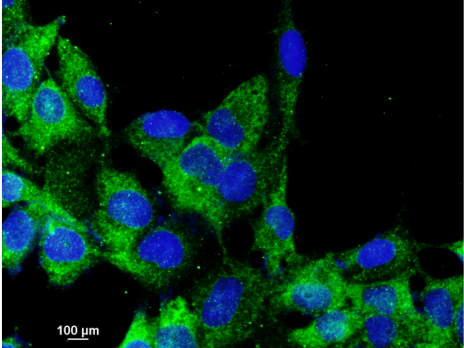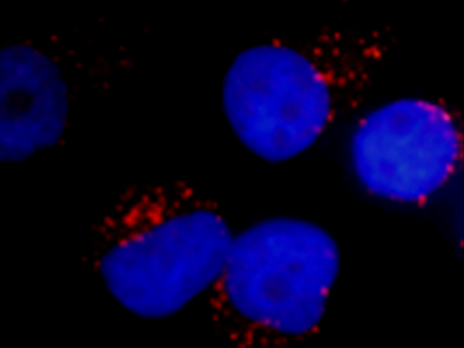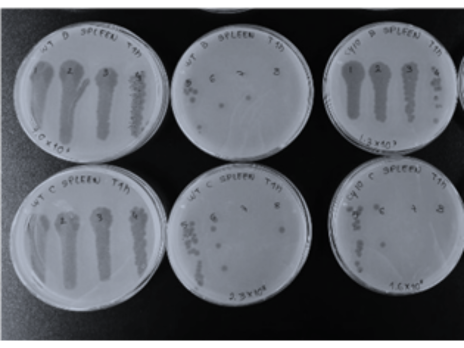
Inflammation Cell Signaling and Therapeutics
Inflammation is a response of the host to infection or tissue damage and has the physiological purpose of restoring tissue homeostasis. However, uncontrolled or unresolved inflammation can lead to excessive and continuous tissue damage, giving rise to a plethora of chronic inflammatory disorders, including chronic skin wounds, premature aging, cardiovascular disease, cancer, autoimmunity and neurodegenerative disorders, that collectively represent the leading causes of disability and mortality worldwide. The aims of the InflammaSignal team are focused on better understanding the coordinated activation of different signaling pathways that regulate the host inflammatory response and on developing innovative therapeutic/diagnostic strategies for the underlying mechanisms of inflammatory chronic diseases. The activity of the InflammaSignal team is translation-oriented with interdisciplinary and complementary expertise dedicated to both biomedical and clinical research, which promotes a creative environment spanning from bench to bedside.
Through effective research actions and key well-established collaborations with academy and pharma/biotech partners, the InflammaSignal team gathers critical mass in different fields of expertise to achieve integration of fundamental (through ICVS) and clinical (through 2CA) sciences and enabling state-of-the-art technologies, with the aims of expediting the discovery and validation of high value products and processes (through B.ACIS) that inroads into reducing the burden of chronic inflammatory disease.
RESEARCH TOPICS
The most relevant areas of action in the research of our team are:
- Chronic inflammatory infectious diseases;
- Chronic inflammation in non-infectious diseases.
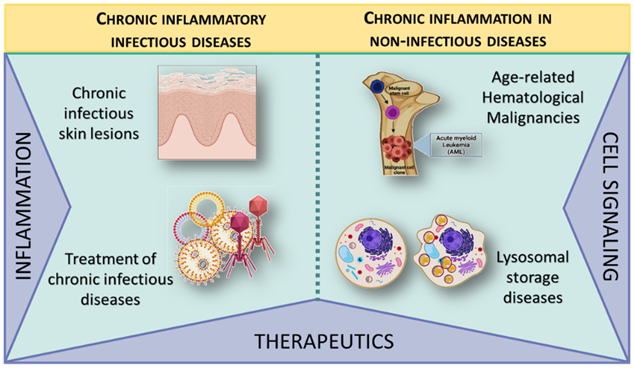
Team Members


Paula Ludovico

Alexandra Fraga

Carlos Capela

Daniela Costa
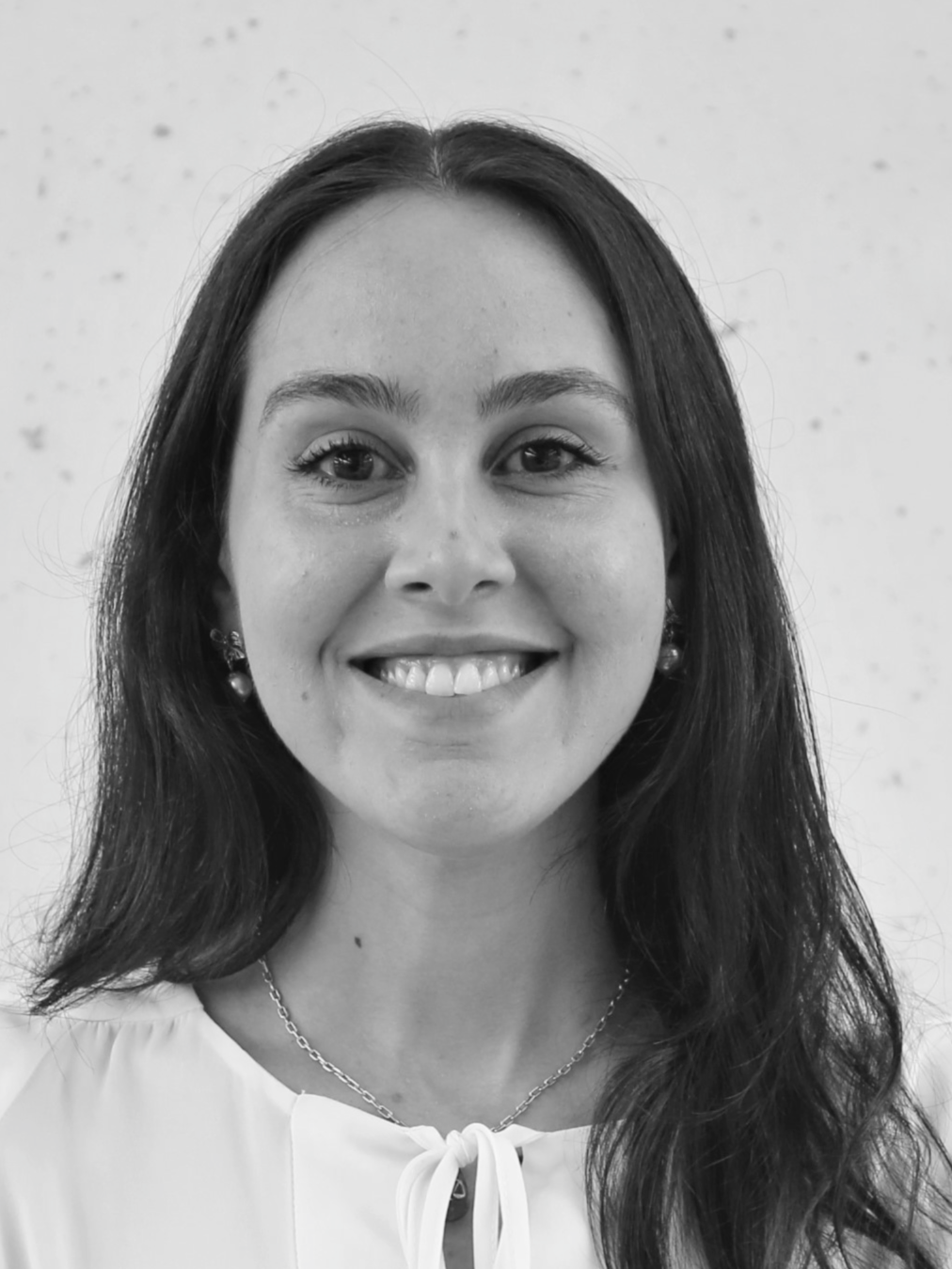
Sara Dourado
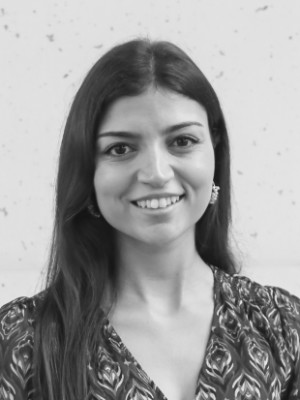
Susana Sousa e Cunha

Bruna Coelho-Ribeiro
Team Members

Jorge Pedrosa
Team Coordinator
Principal Investigator

Paula Ludovico
Principal Investigator

Alexandra Fraga
Assistant Researcher

Alexandre Carvalho
Clinician-Researcher

Carlos Capela
Clinician-Researcher

Belém Sampaio-Marques
PostDoctoral Researcher

Marina Pinheiro
Postdoctoral Researcher
Projects
- Carlos Capela
- Buruli Ulcer (BU) is a neglected infectious disease responsible for massive necrotic skin lesions. BU is the third most common mycobacteriosis worldwide,..
- Alexandra Fraga
- Mycobacterium ulcerans is the causative agent of Buruli Ulcer (BU), a neglected tropical disease characterized by extensive necrotic skin lesions. M. ulcerans,…
- Paula Ludovico
- Many metabolic disorders are chronic diseases that require continuous biomarker monitoring to ensure the patient is stable and responding to treatment…
- Paula Ludovico
- Acute myeloid leukemia (AML) is a heterogeneous group of hematologic malignancies characterized by differentiation arrest and uncontrolled proliferation of myeloid precursor cells (blasts)…
- Jorge Pedrosa
- Life-threatening human infectious diseases caused by bacterial pathogens are now re-emerging, in part due to increased resistance to antibiotics.
Selected Research Outputs
Functional Genetic Variants in ATG10 Are Associated with Acute Myeloid Leukemia. doi: 10.3390/cancers13061344.
Guidelines for the use and interpretation of assays for monitoring autophagy (4th edition)1. doi: 10.1080/15548627.2020.1797280.
Signalling mechanisms that regulate metabolic profile and autophagy of acute myeloid leukaemia cells. doi: 10.1111/jcmm.13737.
α-Synuclein toxicity in yeast and human cells is caused by cell cycle re-entry and autophagy degradation of ribonucleotide reductase 1. doi: 10.1111/acel.12922.
Genetics in the Host-Mycobacterium ulcerans interaction. doi: 10.1111/imr.12958.
Genetic variants in human BCL2L11 (BIM) are associated with ulcerative forms of Buruli ulcer. doi: 10.1080/22221751.2021.1878936.
Antimicrobial activity of Mycobacteriophage D29 Lysin B during Mycobacterium ulcerans infection. doi: 10.1371/journal.pntd.0007113



Contact us
Phone: +351 253 604 967
Fax: +351 253 604 809
Email: icvs.sec@med.uminho.pt
Address
Life and Health Sciences
Research Institute (ICVS)
School of Medicine,
University of Minho,
Campus de Gualtar
4710-057 Braga
Portugal

Copyright ©2022 ICVS. All Rights Reserved



Copyright ©2022 ICVS. All Rights Reserved
Address
Life and Health Sciences
Research Institute (ICVS)
School of Medicine,
University of Minho,
Campus de Gualtar
4710-057 Braga
Portugal



Copyright ©2022 ICVS. All Rights Reserved
Address
Life and Health Sciences
Research Institute (ICVS)
School of Medicine,
University of Minho,
Campus de Gualtar
4710-057 Braga
Portugal


